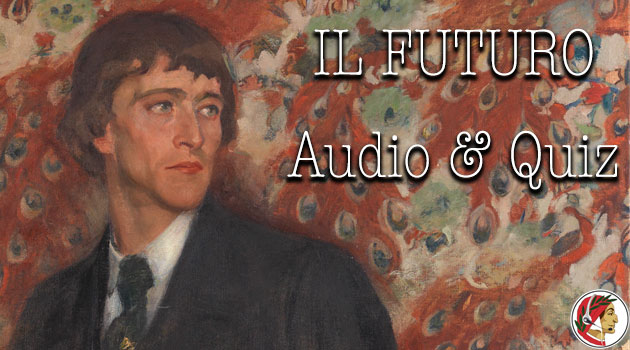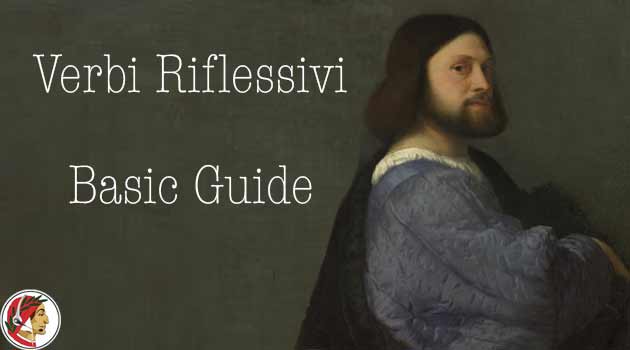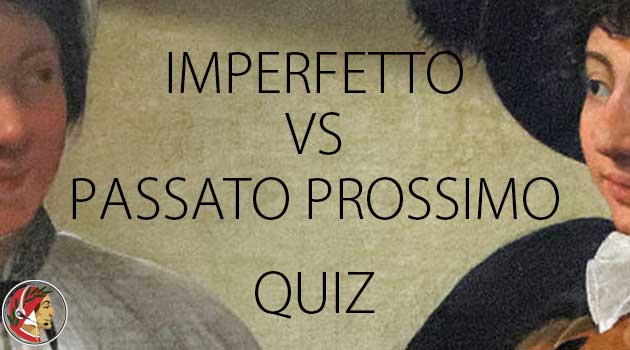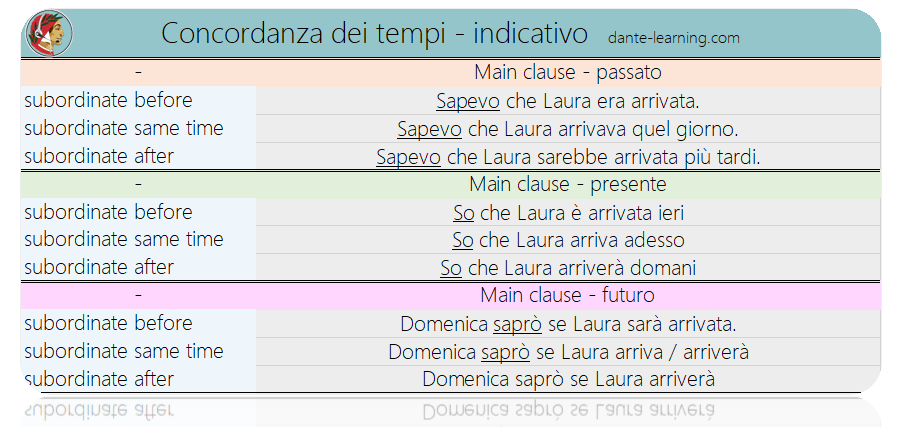Let’s review the Italian infinitive – infinito – and the difference with the gerund – gerundio
Ciao a tutti.
The infinito is the basic form of Italian verbs, ending in -are (mangiare – to eat) -ere (leggere – to read) -ire (dormire – to sleep). In some rare cases, we have the form -rre (produrre, sedurre, addurre, tradurre, porre etc.).
The infinito is the classic “dictionary form” of verbs. It is often times introduced by:
- The propositions DI and A.
- Penso di andare al cinema.
- Ho iniziato a dipingere.
- Modal verbs (POTERE, DOVERE, VOLERE, SAPERE)
- Non ho potuto comprare una macchina nuova.
- Mi dispiace è tardi. Devo andare.
- I miei figli vogliono leggere l’ultimo libro di Harry Potter.
- Federico non sa guidare la moto.
- It’s the negative form of the imperativo of TU.
- Non fumare, ti fa male.
- Dario, non dire bugie!
- It has two tenses: simple and compound, introducing different actions in time
- Prima di mangiare mi lavo le mani.
- Dopo avere mangiato, guardo la televisione.
With prepositions such as prima di (before) dopo (after) we use the infinito, not the gerundio.
Infinito VS Gerundio
This is where English speakers get confused. Italians use the infinitive when English speakers can use the gerund. To be honest, the exact same confusion is common among Italian speakers learning English.
When should we use the Infinitive instead of the gerund in Italian?
The Italian gerundio does not have the same exact functions of the English gerund.
It describes HOW another action takes place…
- Studio l’italiano ascoltando la radio. I study Italian by listening to the radio.
…or a progressive action with the verb stare.
- Federico sta dormendo. Federico is sleeping.
- Marco stava mangiando quando è suonato il telefono. Marco was eating when the phone rang.
We can’t use the gerundio as subject or object as you do in English. We use the infinito:
- Eating well is important for your health -> Mangiare bene è importante per la tua salute.
- Her passion is studying Italian -> La sua passione è studiare l’italiano.
- John enjoys swimming -> A John piace nuotare.
We use the infinito, simple or compound, with or without prepositions in between. Let’s see some examples.
- Non sopporto di lavorare nel fine settimana -> I hate working on weekends.
- Il sindaco ha ammesso di avere rubato dei soldi -> The mayor admitted to have stolen some money.
- L’insegnante ha continuato a parlare. -> The teacher kept talking.
- I ladro ha negato di avere commesso la rapina -> The thief denied committing the robbery.
- Ci divertiamo a passeggiare -> We enjoy walking.
In Italian we use the Gerundio to describe how/what if/when/despite what/ another action takes place or what is/was going on, as a continuous tense. Other that that, we use the infinitive when you normally use the Gerund in English. Let’s practice with the quiz.
Alla prossima.
LOADING QUIZ...
Giuseppe Amisani, Ritratto di Riri (1910)














 ...
... 





